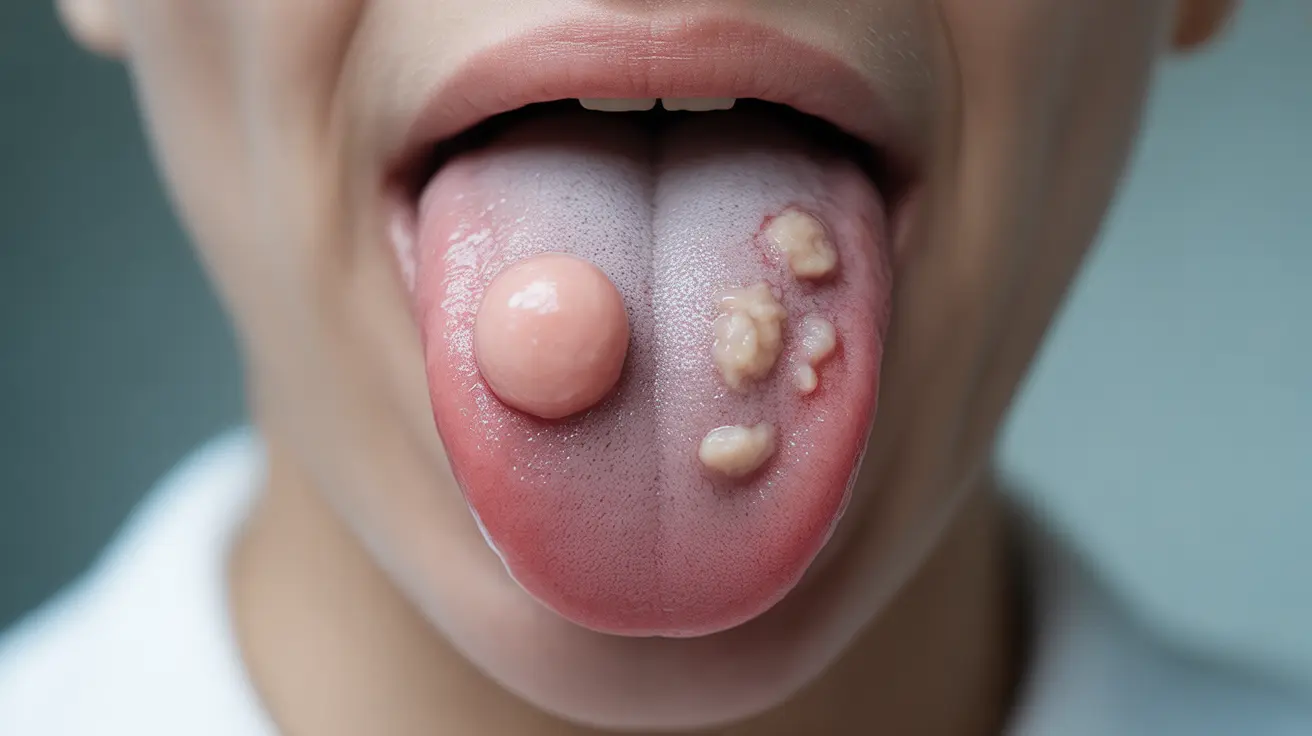Syphilis affecting the tongue is a serious manifestation of this sexually transmitted infection that requires prompt medical attention. Understanding the signs, transmission methods, and treatment options is crucial for both prevention and proper care. This comprehensive guide will help you recognize oral syphilis symptoms and understand when to seek medical help.
Understanding Oral Syphilis and Its Impact on the Tongue
When syphilis affects the oral cavity, particularly the tongue, it can present with distinct characteristics depending on the stage of infection. Early recognition of these signs is essential for proper diagnosis and treatment, as oral manifestations may be the first indication of infection.
Primary Stage Symptoms on the Tongue
During the primary stage of syphilis, the most notable sign on the tongue is the chancre, which has specific characteristics:
- Single, painless ulcer with firm edges
- Round or oval shape
- Clean base with smooth appearance
- Usually appears 3-6 weeks after exposure
- Typically measures 1-2 centimeters in diameter
These initial lesions, while concerning, are often overlooked due to their painless nature. However, they are highly infectious and require immediate medical attention.
Secondary Stage Manifestations
If left untreated, the infection progresses to the secondary stage, presenting different symptoms:
- Multiple mucous patches on the tongue
- White or gray plaques
- Areas of inflammation
- Possible tongue swelling
- Irregular patches or sores
- Potential loss of taste sensation
Transmission and Risk Factors
Understanding how oral syphilis spreads is crucial for prevention. The infection can be transmitted through:
- Direct contact with infectious lesions during oral sexual activity
- Kissing someone with active oral lesions
- Close contact with infectious sores
Contrary to common misconception, sharing utensils rarely leads to transmission, but avoiding this practice during active infection is still recommended.
Diagnosis and Medical Assessment
Healthcare providers use several methods to diagnose syphilis affecting the tongue:
- Physical examination of oral lesions
- Blood tests to detect syphilis antibodies
- Direct sample testing from active sores
- Medical history evaluation
- Assessment of risk factors and exposure
Treatment Approaches
Treatment for syphilis on the tongue follows standard protocols for syphilis infection:
- Penicillin injections as the primary treatment
- Alternative antibiotics for penicillin-allergic patients
- Regular follow-up testing to ensure cure
- Partner notification and testing
- Temporary abstinence from sexual activity during treatment
Prevention and Long-term Care
Preventing oral syphilis and managing long-term health involves several key strategies:
- Regular STI screening
- Using protective barriers during oral sexual activity
- Avoiding oral sexual contact with individuals with visible sores
- Maintaining good oral hygiene
- Regular dental check-ups
Frequently Asked Questions
What are the common signs and symptoms of syphilis on the tongue?
The most common signs include a single, painless chancre in the primary stage, followed by multiple mucous patches, white or gray plaques, and possible inflammation in the secondary stage.
How is oral syphilis transmitted and can it spread through kissing or sharing utensils?
Oral syphilis primarily spreads through direct contact with infectious lesions during oral sexual activity and kissing. While transmission through shared utensils is unlikely, it's best to avoid sharing during active infection.
What are the differences between primary and secondary syphilis symptoms in the mouth and tongue?
Primary syphilis typically presents as a single, painless chancre, while secondary syphilis shows multiple mucous patches, inflammation, and possible tongue swelling.
How is syphilis infection of the tongue diagnosed and treated?
Diagnosis involves physical examination, blood tests, and direct sample testing. Treatment typically consists of penicillin injections or alternative antibiotics for those with penicillin allergies.
Can syphilis lesions on the tongue heal on their own, and does that mean the infection is gone?
While syphilis lesions may heal on their own, this doesn't mean the infection is cured. The bacteria remain in the body and continue to cause damage if left untreated. Medical treatment is essential for complete cure.




